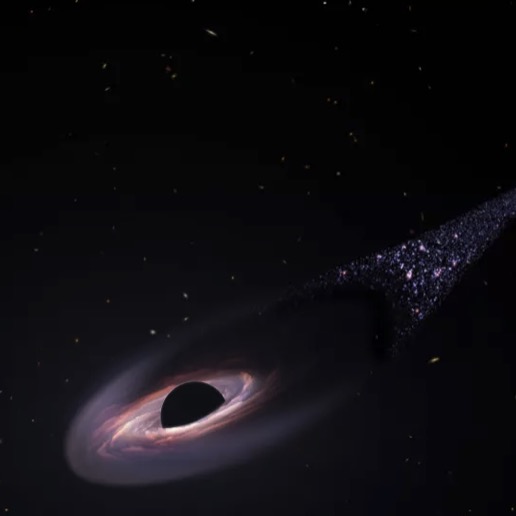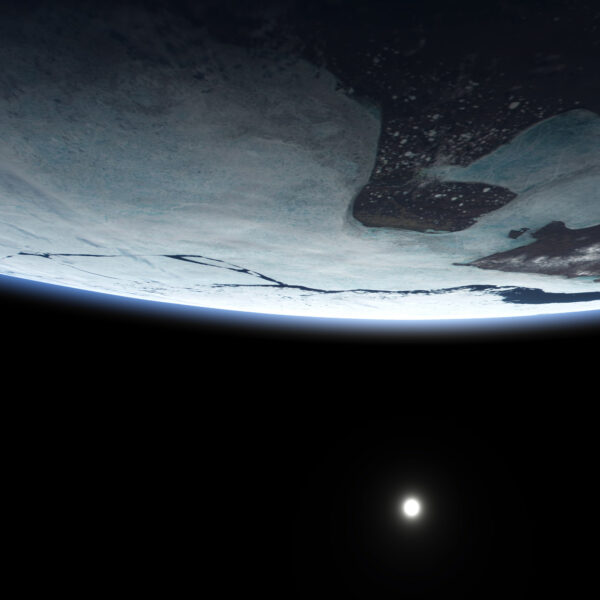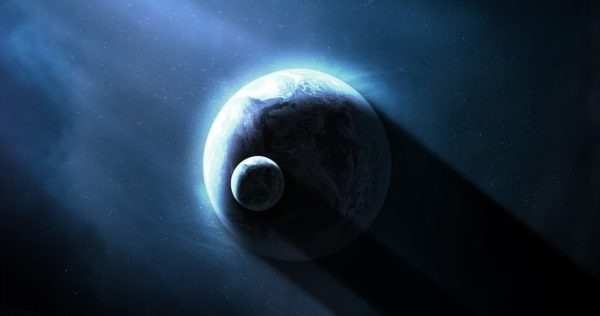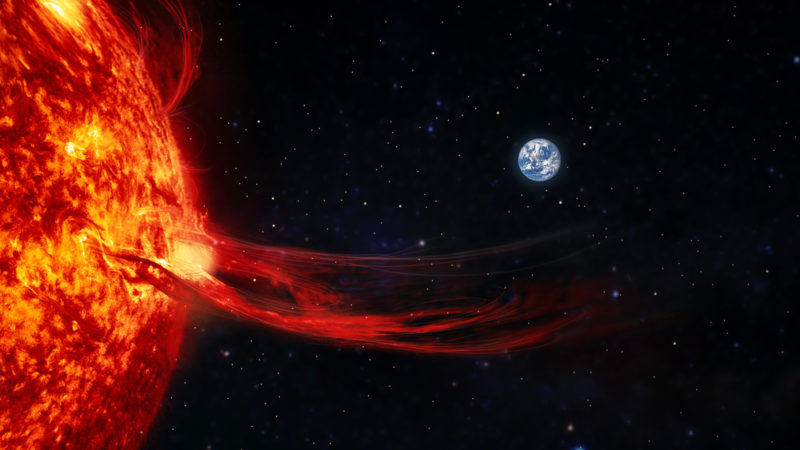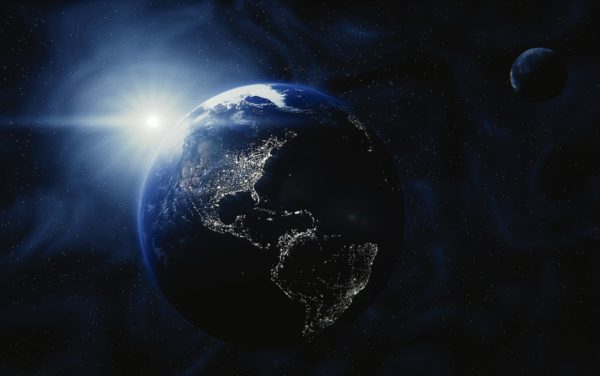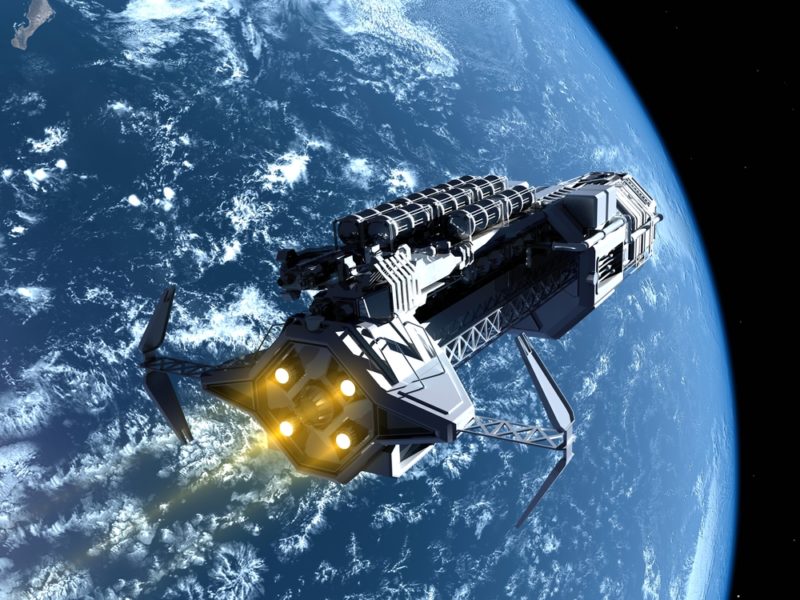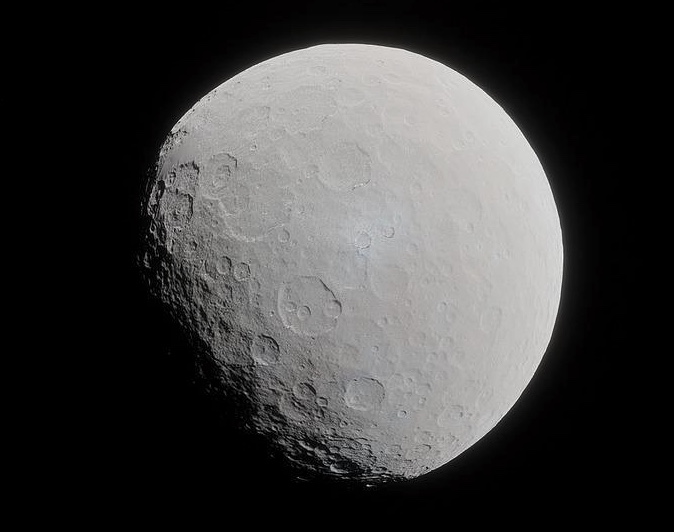Writer Fuel: Scientists Narrow In On Location of Possible “Planet Nine”
Scientists have narrowed down the likely hiding place of the elusive “Planet Nine,” after ruling out more than three-quarters of the hypothetical world’s suspected orbital pathway. In a new study, the researchers — who have been looking for the planet for almost a decade — said they believe they could find the elusive world in … Read more


